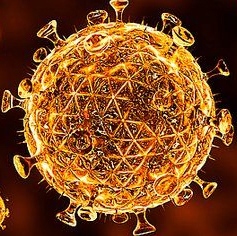
In a study they said holds promise for an HIV vaccine, researchers from four countries reported the secret lies not in the number of infection-killing cells a person has, but in how well they work.
Only about one person in 300 has the ability to control the human immunodeficiency virus (HIV) without drugs, using a strain of "killer" cells called cytotoxic T lymphocyte (CTL) cells, previous research has found.
Taking that discovery further, scientists from the United States, Canada, Japan and Germany reported that the strain has molecules called receptors that are better able to identify HIV-infected white blood cells for attack.
Until now, it was well known that people with HIV "have tonnes of these killer cells," Bruce Walker, an infectious diseases expert at the Ragon Institute in Massachusetts, told AFP.
"We have been scratching our heads since then, asking how, with so many killer cells around, people are getting AIDS. It turns out there is a special quality that makes them (some cells) better at killing."
The study looked at 10 infected people, of whom five took antiretroviral drugs to keep HIV under control while five were so-called elite controllers who remained naturally healthy.
HIV kills a type of white blood cell called CD4, leaving people with AIDS wide open to other, opportunistic and potentially deadly infections.
"What we found was that the way the killer cells are able to see infected cells and engage them was different," said Walker.
